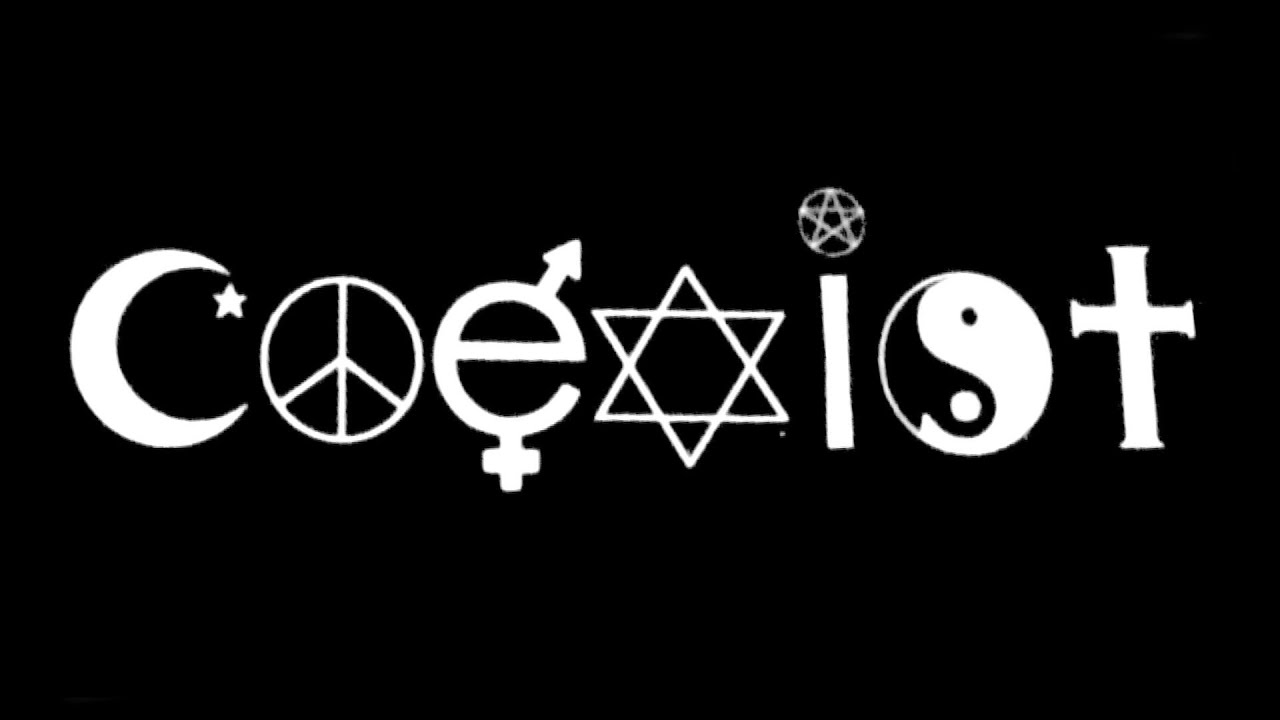In a previous article, I wrote about my concern with Christian organizations employing the Intercultural Development Inventory for two reasons, the undermining of the image of God and the undermining of objective moral values.
Login to read more
Sign in or create a free account to access Subscriber-only content.
Topics:
